24 Hours Hotline: +86 137-3541-1378
Email:[email protected]
24 Hours Hotline: +86 137-3541-1378
Email:[email protected]
China could be a perfect destination for holiday vacations from Malaysia. Shanghai Private Tour is local China travel agent, help you travel the best of China with profound insight! A wonderful all inclusive China tour from Malaysia will introduce you to its diverse culture, landscapes and various sightseeing places of popular destinations, such as Beijing, Xian, Shanghai, Guilin, etc. Get ready to experience the wonderful sounds of China on our China tours from Malaysia. Following are the most popular China tours recommend by our clients who from Malaysia.
Top Selling China Tour Packages From Malaysia
6 Days China Tour From Kuala Lumpur Malaysia to Shanghai Suzhou & Hangzhou
Spend an entire week exploring to learn about the varying cultural features of the best of eastern China from Kuala Lumpur Malaysia! This China tour package shows you around the top attractions in Shanghai, Suzhou and Hangzhou, with your knowledgeable guide, you'll have an amazing and personalized experience. Witness busy city life in Shanghai for one day, admire the serene natural landscapes of Hangzhou the next and marvel at classic Chinese gardens in Suzhou.
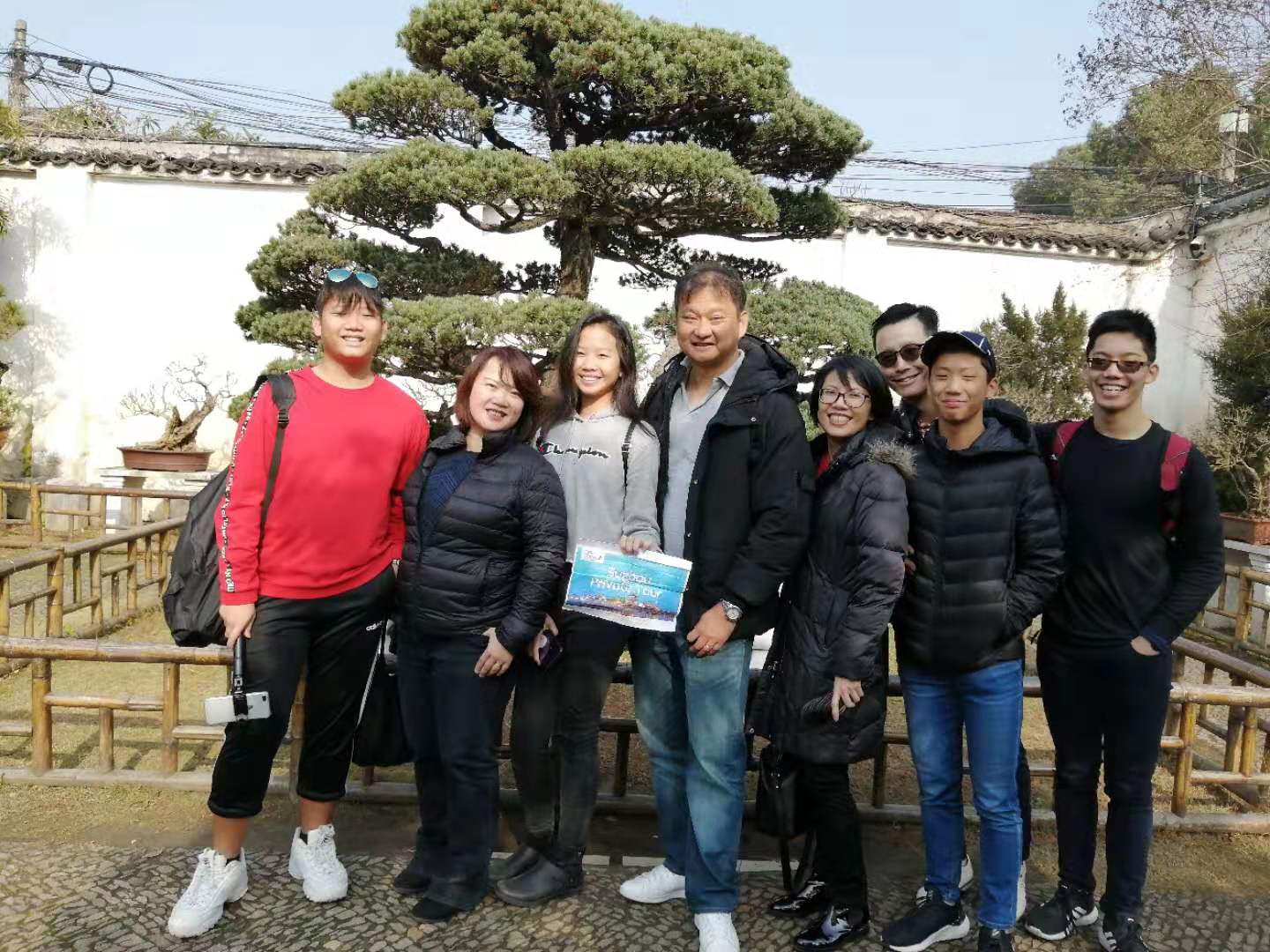
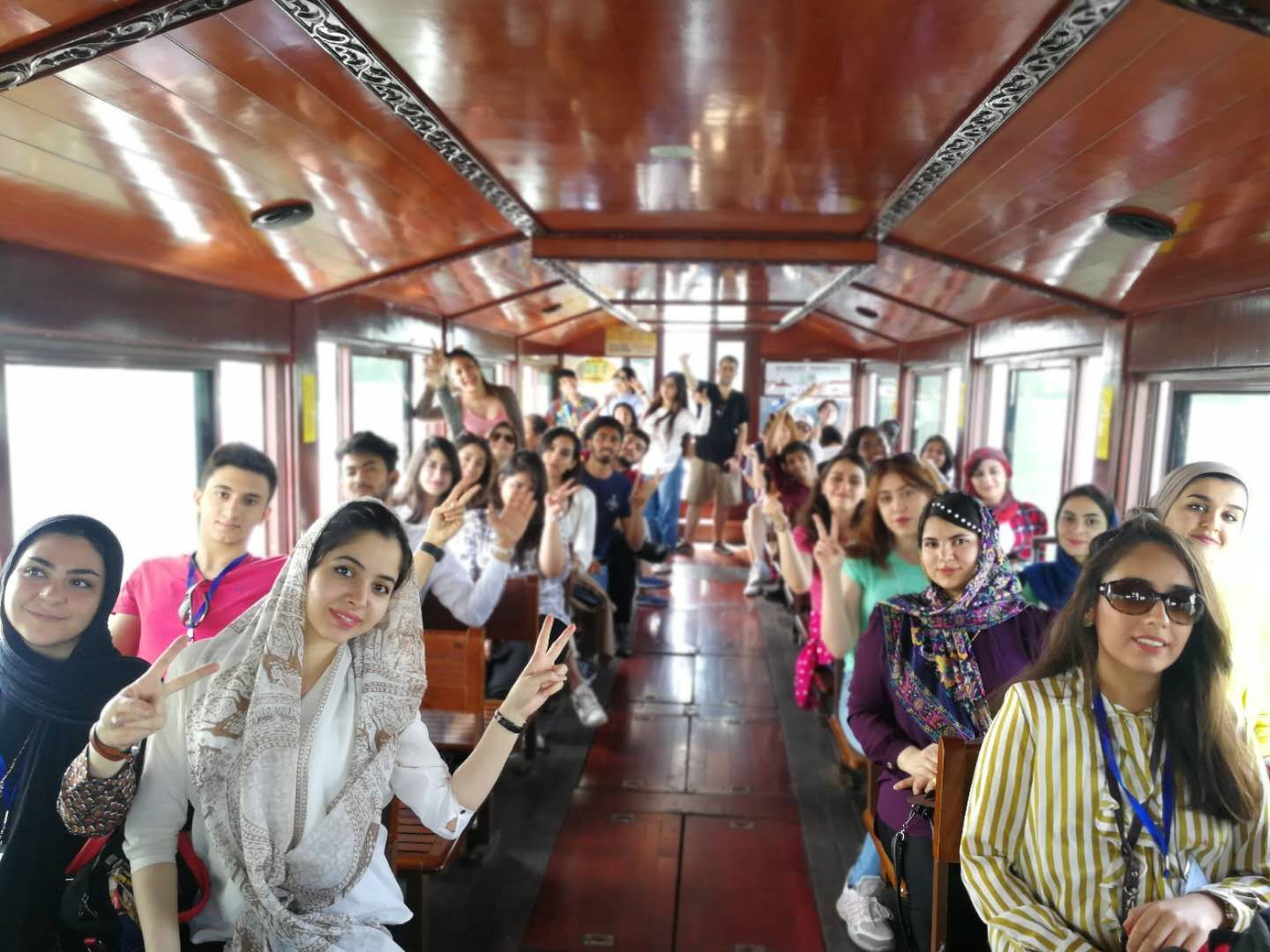
12 Days China Tour of Beijing, Xian, Guilin, Guangzhou and Hong Kong
12 Days China Tour of Beijing, Xian, Guilin,Guangzhou and Hong Kong is the best tour option for the first time travelers to China. This tour includes the 6 best-known tourist destinations in China, accompanied by your professional guide, you will take high-speed train from north across south China. During this tour, you will visit ancient capitals of China-Beijing & Xi'an, to know the history of China, then do the Li River Cruise to enjoy the beauty of nature.
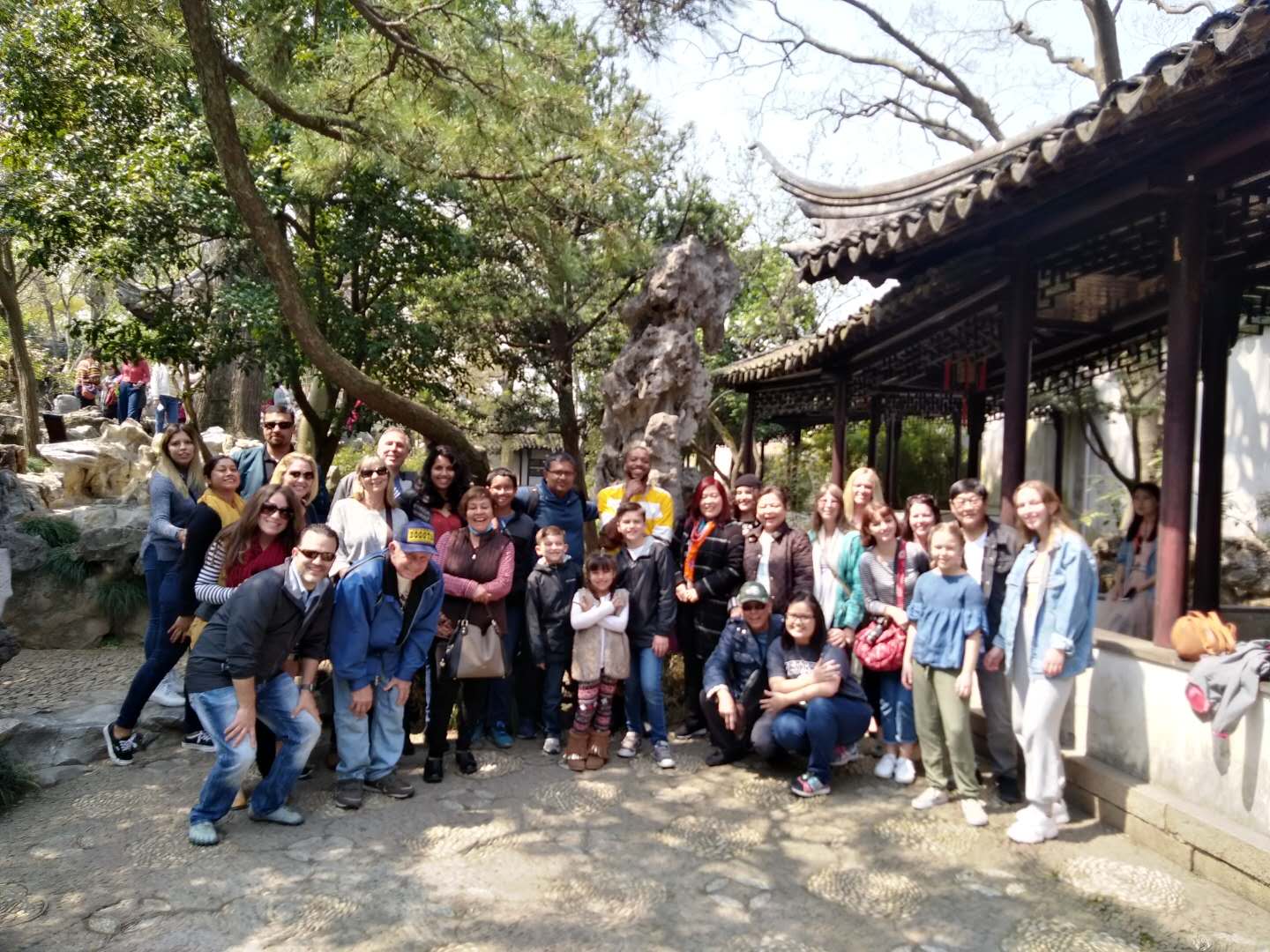
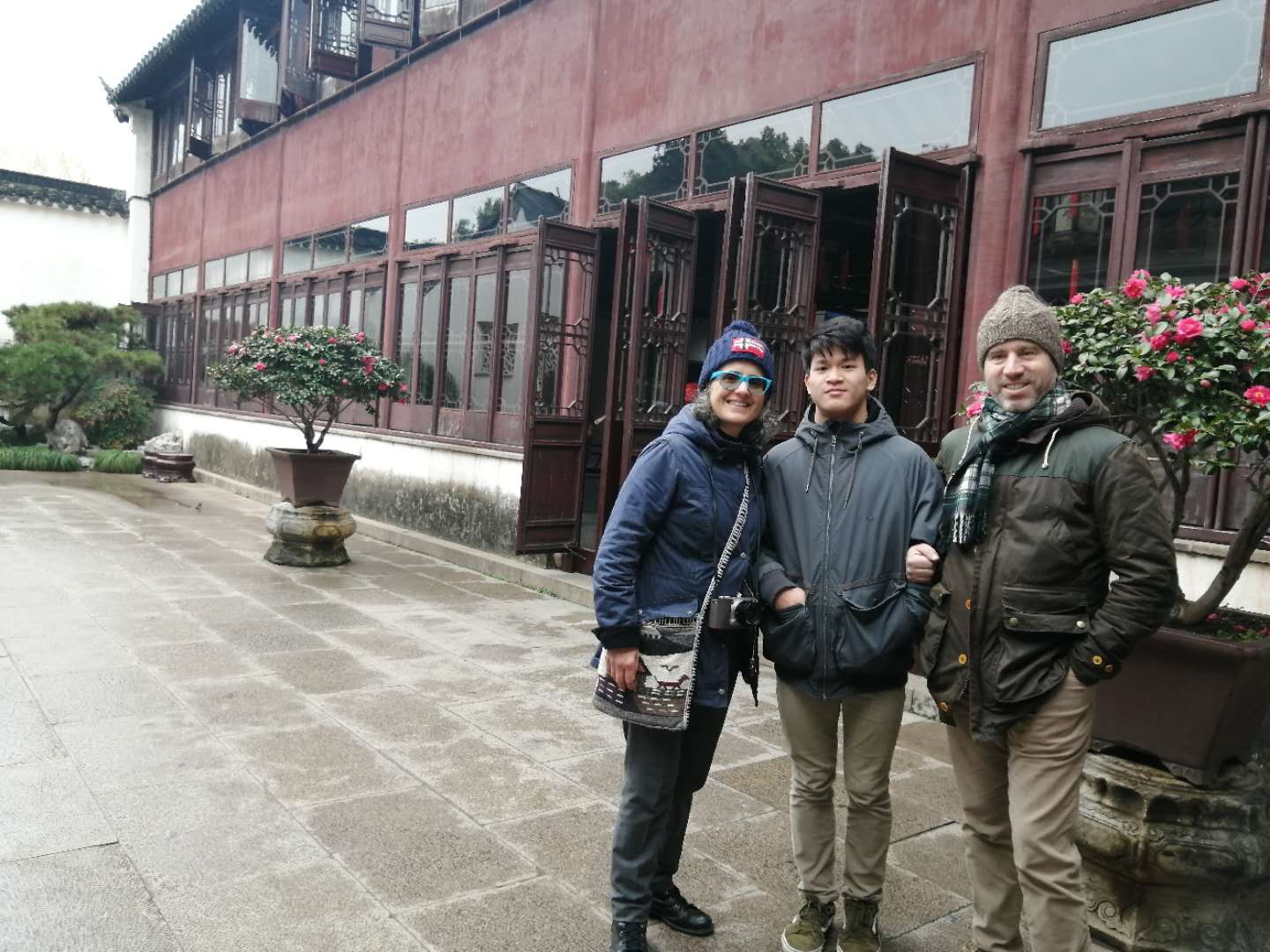
11 Days China Tour From Malaysia to Beijing Xi'an Guilin & Shanghai
If you are the first time travel to China from Malaysia, take an all inclusive holiday package to Beijing, Xian Guilin and Shanghai is recommended. This 11 days China tour covers top highlights of Beijing, Xian, Guilin & Shanghai, accompanied by your personal guide, wander around tranquil classical Chinese garden, marvel at the life-like terracotta warriors, hike along the magnificent Great Wall, and cruise down the picturesque Li River with fascinating landscape unfolding in front of your eyes. A complete guided tour will make your China tour from Malaysia more memorable!
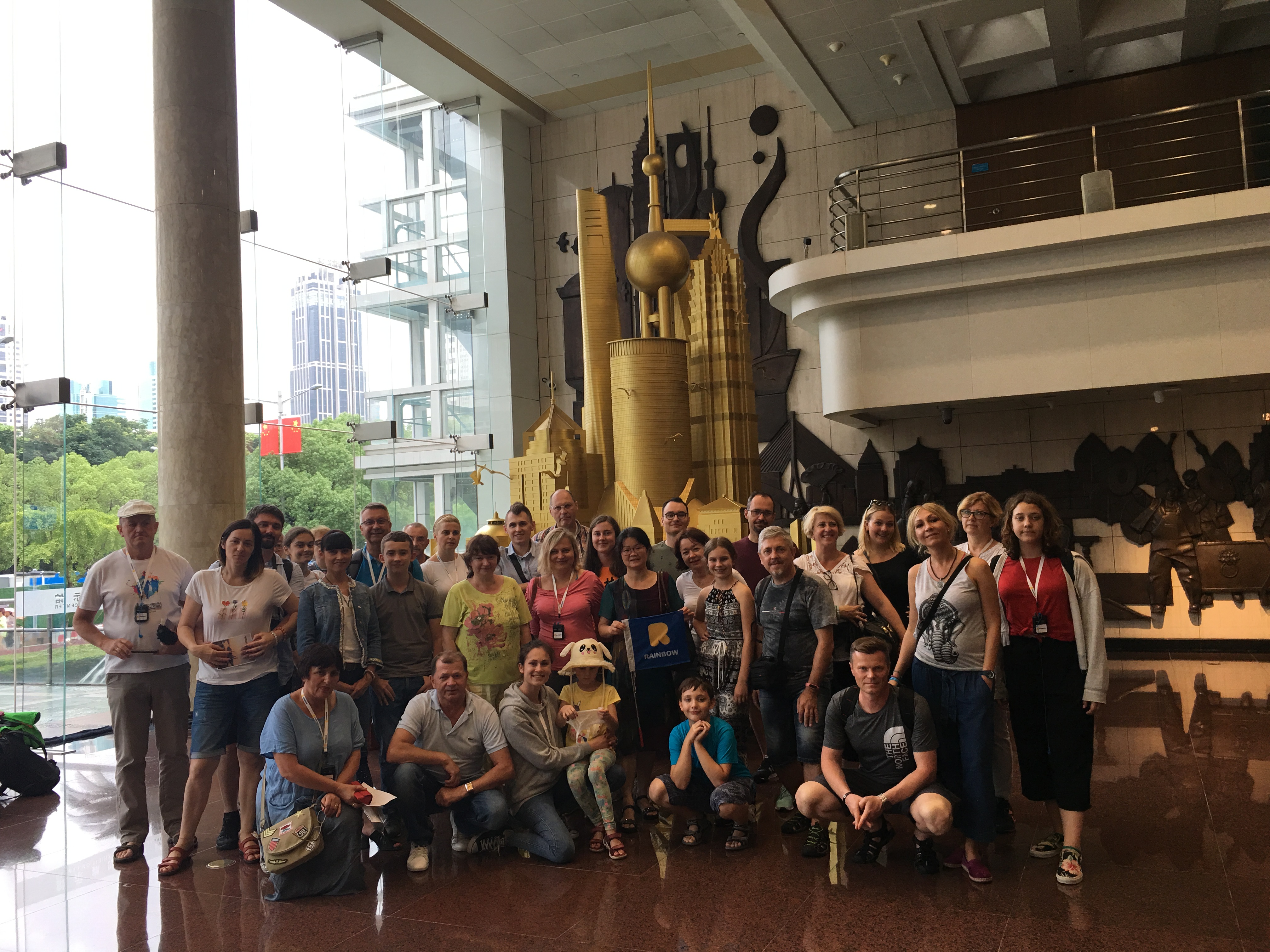
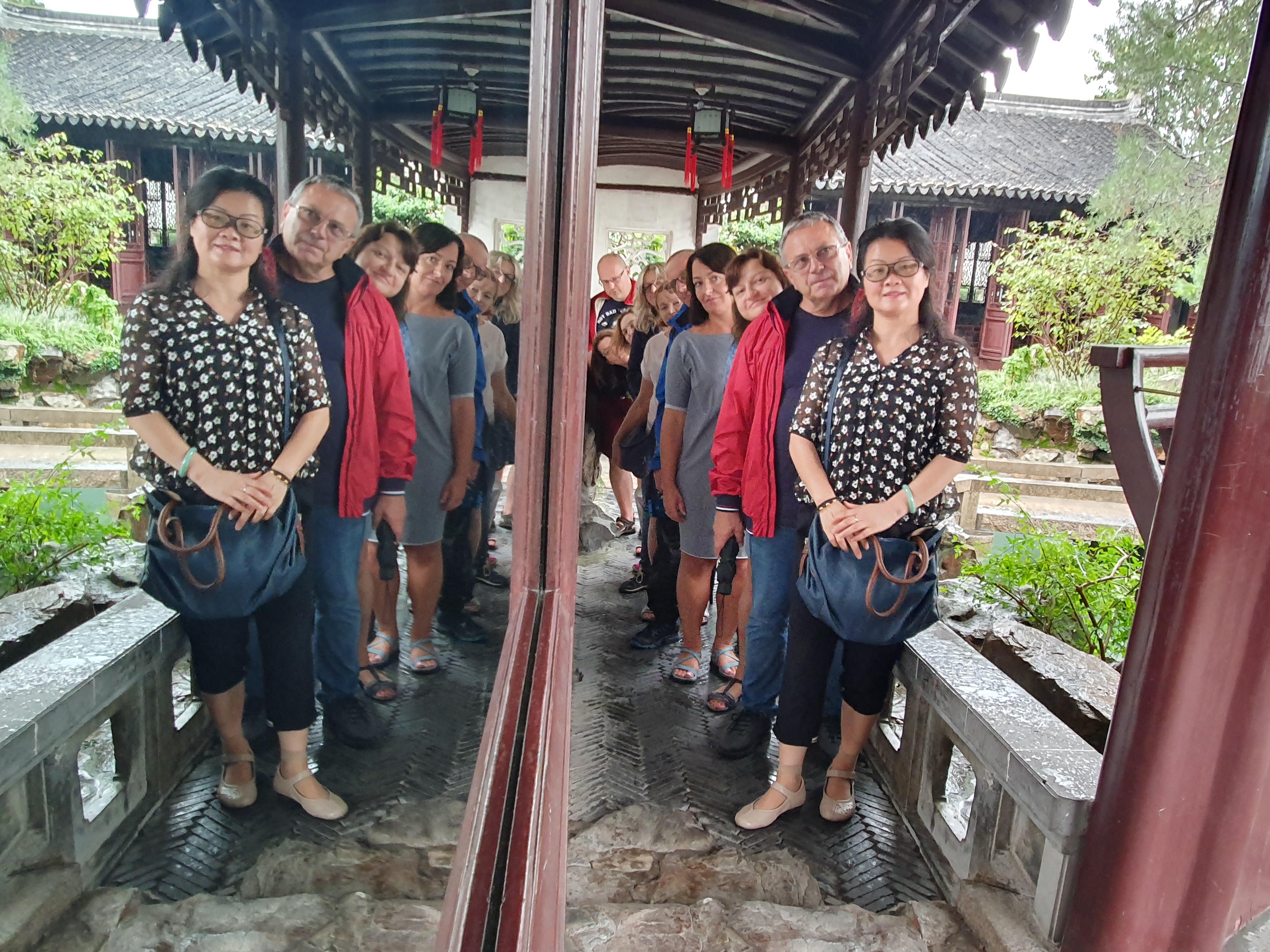
Frequently Asked Questions about planning a China tour from Malaysia
1. Is China a safe place for tourists?
China is a safe country to travel for Malaysians and women don't have to be particularly concerned. However, all single travelers should use common sense and take precautions because being on your own just might single you out for some swindling. Be careful when taking a taxi at night or staying alone in a hotel.
2. I travel from Malaysia, may I know what language spoken in China?
As we all know, there are several languages spoken in Malaysia, and many locals there speak English well, a few malaysians can speak Mandarin Chinese also. If you visit China from Malaysia and can speak Mandarin Chinese a little bit, it will make your trip to China easier. Because Chinese mostly speak Mandarin, which is China's official and most common speaking language in China.
Mandarin is commonly referred to as "Chinese". It is the most commonly adopted Chinese language variant in government, education, business and media. It's also spoken popularly more than any other Chinese language dialects in some cities, such as Hokkien in Fujian and Cantonese in Hong Kong and parts of Guangdong. Tibetan can still found in parts of Tibetan Autonomous Region and it's bordering provinces. In Xinjiang, many Uyghurs still speak Uyghur, a language that comes from the Turkic language family. In the Inner Mongolia province, you'll still be able to find some people who speak Mongolian and can read the traditional Mongolian script.
3. What's time difference between China and Malaysia
There is no time different between Malaysia and China since the two countries are in the same time zone.
4. When should Malaysians plan a China Tour from Malaysia?
Malaysia is a tropical holiday destination, where temperatures fluctuate between 25 and 35 degrees during the year, there is no distinct season in Malaysia.
Compare to Malaysia, China is completly different. China is a such big country with diverse climate, there are roughly four seasons. But China is a perfect destination for malaysians that can be visited all year round. Some areas are better visited at certain times of the year.
Summer(Jun.-Aug.): Mountainous regions were perfect at this time of year, but most of Eastern China was extremely hot and humid with afternoon thunderstorms. If backpacking China in the summertime, pack light clothes that dry fast. Stay hydrated because you'll be sweating a lot if you're spending time outdoors.
Spring(Mar.-May.) & Autumn(Sept.-Nov.): Spring and autumn are the best time to travel around China. Most cities like Beijing, Xian, Shanghai,etc will be at comfortable temperatures, and mountainous regions will be slightly chilly but not too cold. In autumn, certain parts of the country will look gorgeous as the leaves change colour. If you're able to, you should visit China from Malaysia in autumn.
Winter(Dec.-Feb.) Winter in China varies vastly in the northern and southern parts of the country. Hong Kong and other southern cities will be quite comfortable, but Beijing, Harbin and other northern cities sees sub-zero temperatures and the occasional snowfall. Mountainous regions will be snow-covered which may make travel difficult but it will be extramely beautiful. Moreover, air pollution is at it's worst in the wintertime, so if you have sensitive lungs consider avoiding China at this time of year.
5. I'd like to visit China from Malaysia and I'm a muslim, is there easy to get muslim's needed?
Maylasia is a Muslim country and all of the food is halal. There is no shortage of delicious halal food in various cuisines in Malaysia. For visitors from Malaysia, one of the main problems encountered is food and for those of Muslim faith. Halal food is widely available in China. Almost every city/province in China you can find halal food, products or restaurants that offer Halal Food as the same as in Malayisa. Because most of the Muslim restaurants/halal restaurants run by Chinese Muslims.
As for how to recognize the Halal food/products/restaurants in China for malaysians, ??(Qingzhen) is the answer. Halal is known as ?? (Qingzhèn) in China and recently, there are more and more places where Halal food/product can be bought. These particular places can be recognized by the words ?? written in front of the shops or restaurants.
6. Do I need to apply a visa for traveling from Malaysia to China?
Yes, a visa is required when Malaysians want to travel to mainland China, you can visit Hongkong and Marco without Visa. The China tourist visa (L-visa) is required for foreign citizens who are entering China for tourist purposes, to visit family, or for other personal affairs. Chinese visas generally allow the travelers to stay in China for 30 days. Single-entry, double-entry and multiple-entry visas are available.
7. Exchange Rate Ringgit Malaysia to Chinese Yuan?
The exchange rate between Pond to Chinese Yuan is 1 Malaysian Ringgit = 1.66 Chinese Yuan now. At present, China will accept and convert into Chinese Renminbi such foreign currencies as US dollar British pound, Euro, Japanese yen, Australian dollar, Austrian schilling, Belgian franc, Canadian dollar, HK dollar, Swiss franc, Danish Krone, Singapore dollar, Malaysian ringgit, Italian lira, Macao dollar, Finnish markka, and Taiwan dollar. Exchange rates are issued every day by the State Administration of Exchange Control. Before leaving China, unused Chinese Renminbi can be converted back into foreign currency with a "foreign exchange certificate" which is valid for six months.
8. How to travel from Malaysia to China by Flight?
Normally, the duration of flights from Malaysia to China is around 5 hours. The most popular destinations to fly to China from Malaysia are Hong Kong, Guangzhou, Beijing, Shanghai, Hangzhou Guilin and Xian. Malaysia has lots of direct flight to more than 20 cities in China. The flight journey is operated by Singapore Airlines, Air China, China Southern Airline, Scoot, Xiamen Airline and some other airlines. March-May and September to Novmber are the best time to visit China. You can find some discount flight tickets during these period.
9. Is the Dinning Etiquette the same between Malaysia and China?
Food is so fundamental to our life so that all the other aspects of our living are influenced by and built on it. As dining culture various from country to country, it is helpful for us to know the table manner before you traveling to China from Malaysia.
Dining etiquette in Malaysia: The left hand is considered taboo; it should not be used for eating or handling food in any way or form. If you are hosting a meal, remember that your Muslim guests should not be offered either pork or alcohol. Similarly, Hindus and Sikhs should not be served beef, because cows are considered sacred in those religions. As for using utensils. Malaysia is composed of a number of different ethnic groups, so utensil etiquette varies. Individuals of Malaysian and Indian descent may choose to use the fork as the scooper (using the left hand) and the spoon as the utensil that takes the food to the mouth (using the right hand). Some may use their hands (the right one only) to take food to their mouths. Follow the person with whom you are dining. If you are dining with an individual of Chinese descent, that person will probably use chopsticks as the eating utensil, while a spoon may also be used for soup. Once again, you should follow suit.
Rather than Malaysia, the dining etiquette for almost all Chinese. Chinese people like sharing food together and all the dishes are usually placed in the center of a round table like a Lazy Susuan. A Lazy Susan is a round rotating disc in the center of the dining table, that ensures all the dinners have equal accessibility to the served meal and to make everybody feel respected. When you eating, you should pick up your bowl with your thumb on the mouth of the bowl, if you don't pick up your bowl, bend over the table, and eat facing your bowl, it will be regarded as bad table manners. Chopsticks are standard, but you're welcome to ask for a fork if that's what you prefer.
10. What is the best way to get around in China?
1). Flying domestically in China is a good way to get around, especially over long distances or if you're short on time. Domestic flights are quite cheap, even cheaper than taking the train in some cases. But flights in China are often randomly delayed due to some reasons.
Depending on the route, it may save time to take the train than flight: For example, Beijing to Shanghai is 5.5 hours by high-speed train and costs $80. Flying between the two cities takes 2 hours, but you also need to add some time for airport security as well as getting to/from the airport. In this case, the train makes more sense.
However, if you need to cover a large distance (let's say Kunming to Beijing), then flight is a better option. A 3.5-hour flight for $85 makes a lot more sense than an 11-hour high-speed train ride for $165 (or 46-hour slow sleeper train ride).
2). Trains in China are amazing: Outside of the most mountainous places in the country, China is extremely well connected by train.
China got the largest high-speed rail network in the world, and trains are typically very punctual. Trains are a comfortable and easy way to get around while backpacking China. High-speed trains are fast but pricey: The best way to travel quickly between a number of larger Chinese cities – high-speed train numbers begin with a 'G' prefix and typically only offer seating (they run during the daytime, so this isn't a problem). 2nd class is the cheapest option, but it is still quite comfortable enough.
Here are some useful high-speed rail routes:
Beijing – Shanghai – 5.5 hours, $80 for 2nd class
Beijing – Xi’an – 4.5 hours, $74 for 2nd class
Xi'an – Chengdu – 3 hours, $38 for 2nd class
Hong Kong – Shanghai – 8.5 hours, $144 for 2nd class
Hong Kong – Guangzhou – 1 hour, $31 for 2nd class
Guangzhou – Yangshuo – 2.5 hours, $20 for 2nd class
Shanghai – Hangzhou – 1 hour, $10 for 2nd class
For booking trains in China and viewing all available options, recommended web: www.trip.com.
3). Slow train is a perfect option for long overnight journeys
There's something very relaxing about rolling through the countryside with a book and some tasty ramen. You can get almost anywhere in China by slow train. Like the high-speed trains, they're also very punctual. Slow trains typically have three different classes – hard seat, hard sleeper, and soft sleeper.
If you're taking a short ride in the day time, go for hard seat. It's not actually hard, and experiencing a hard seat carriage on a Chinese train is an experience in itself. Hard sleeper is the most common option for long overnight journeys. Like hard seat, hard sleeper isn't actually hard. It's a decently comfortable bunk, there are six beds per section. Soft sleeper is the most comfortable, but also the most expensive option. There are four beds per section, and it has a door that can be closed to keep out any noise from the hallway.
For booking trains in China and viewing all available options, recommended web: www.trip.com.
4). Buses are frequent, cheap, and fairly punctual: If there's anywhere that trains don't go to in China, then buses will.
The main downside to bus travel is that journey times can depend greatly on traffic conditions. Buses also need to stop at road checkpoints in certain provinces, whereas trains obviously don't. Most large cities have a number of bus stations, so double-check that you're going to the right one if you plan on taking buses in China.
11. Can Malaysians drink Tap Water in China?
We suggest the tourists don't drink tap water in China when you travelling. The tap water is undrinkable in most of cities in China. All local water should be considered contaminated. Bring all tap water to a good rolling boil if you want to drink, brush your teeth or make ice cubes. Otherwise, buy capped bottled water from reputable brands.
12. What are the electrical plugs used in China? Is it as the same as in Malaysia?
The standard voltage used in China is 220V, 50HZ. China and Malaysia are using the different volage abd pluges. In Malaysia, the power plugs and sockets are of type G and Type M. The standard voltage is 240 V and the standard frequency is 50 Hz. Perhaps you will need adapters for some sockets, many middle and high-class hotel wash rooms have transformer plugs for electric shavers and hair dryers, but it is better to be prepared with an adapter plug.
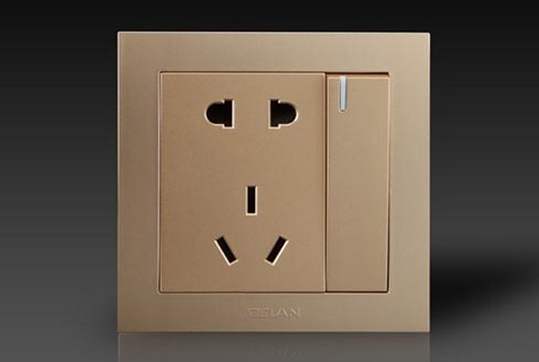
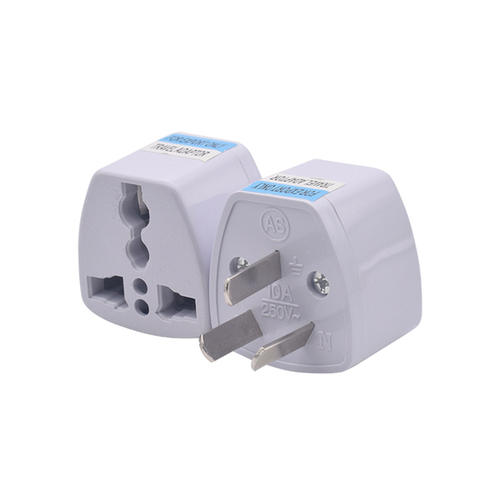
Useful Tips to Know before you are traveling to China from Malaysia
Are you planning on traveling to China from Malaysia and take an unforgettable trip in this charming country? To ensure that you have a successful trip, Shang Private Tour provide some useful tips that you need to know. For more questions on how to travel from Malaysia to China, email [email protected] or call+86 137-3541-1378 for details.
Bring toilet paper
One of the unusual things to know before going to China is that most Chinese toilets do not provide toilet paper. Hotels and nicer restaurants will have it available, but it’s always a good idea to carry a roll of toilet paper or a box of tissues!
Bring hand soap or hand sanitizer
Like toilet paper, hand soap is not standard in many Chinese bathrooms. Carry a small bottle of hand sanitizer with you just to be sure.
Catching taxis in China
Taxis in China are cheap and plentiful. Most drivers will not speak English, so it’s a good idea to get your destination address written in Chinese by somebody at your hotel.
Personal space
China is a crowded place, and the locals have become accustomed to a much smaller personal space than we are accustomed to in the west. Don’t be surprised if you’re jostled or shoved when queuing – it's just part of Chinese culture.
Internet & SIM Card in China
You should get a Chinese SIM card when you arrive in China since internet access in China is restricted – many sites are completely blocked unless you have a VPN. But what about internet access? Actually it is easy to stay connected while in China. If you pick up a local SIM card, you'll have signal basically everywhere you go. Purchasing a China Unicom SIM card is recomended as the other telecoms in China often don't work with foreign phones. Head to a China Unicom shop with your passport and pick a plan. Costs are fairly reasonable, CNY 100 for one week use with unlimited data. As for WiFi in China, WiFi is often pretty slow in China and usually requires a Chinese phone number to connect to it. I’d recommend getting a decent data plan and using that instead.
Tipping Practice for Visitors to China
It is a common practice for visitors to tip the tour guide and driver in recognition of their good service. Hotel bellboy expects your tips as well. It is not customary to leave tips at hotel or local restaurant as the bill usually includes 10-15% service charge.
Taking photos in China
The Chinese love to take photographs, and don’t be surprised if a local tries to snap a sneaky photo of you or even comes up to ask for a picture with you. Like in most other countries, it always pays to ask permission before photographing a person or a government building.
Download Weixin (or WeChat)
China's premier messaging app is Weixin (WeChat in English) and everybody you meet – expats and locals alike – will have it. Download the free app and set it up, as it's a great way to keep in touch with locals who may not have social media like facebook, whatapp.
Most importantly, don't be afraid to get off the beaten track. While Beijing, Shanghai, and Xi'an are worthy of their international fame, there is so much more to China than these cities and their cultural sites. China is a massive country with a rich history, over thirty distinct cultural groups, and a huge variety of landscapes to explore – don't limit yourself to the same few sites everybody else visits.
Bargain in China
At markets in China, bargaining is expected and you may even get lucky when asking for discounts in stores and shopping malls where prices are displayed - it never hurts to ask. When visiting market stalls it's a good idea to shop around before purchasing an item as prices may vary and this then gives you an idea of how much you should be paying. When you're ready to discuss prices, go in low and work your way up to the amount you're willing to pay and don't forget to smile and be friendly - it will get you further.
Pharmacies in China
Chinese pharmacies offer both western and eastern medicine at very reasonable prices. Prescription medication can usually be purchased without a prescription (within reason) by simply providing the pharmacist with your identification.
Finding a doctor in China
Chinese hospitals can be crowded and daunting, but most major cities also have specialized hospitals catering to foreigners living and working in the country. Even in the crowded public hospitals, many doctors will speak English.
Don't be shy in restaurants
Chinese waiters and waitresses aren’t as proactive as you may be used to, so don’t be afraid to throw your hands up and call for the fuyian if you want service. Also be aware that conventional western service is hard to come by. Don’t be surprised if your starter, main, and dessert all arrive at once while your friend still waits for their first dish.
Prev: China Family Tours
Wechat: Chinaprivatetour
24 Hours Hotline:
+86 137-3541-1378
* Authentic Experiences: Genuine local experiences that immerse you in the true essence of Shanghai and beyond.
* Safety First: Highest safety standards with secure activities and reliable transportation.
* Customizable Tours: Flexible itineraries tailored to your interests and needs.
* Local Expertise: In-depth knowledge of Shanghai and China, offering exclusive insights.
* Professional Guides: Licensed bilingual guides with over 5 years of experience.
* Comfortable Travel: Experienced drivers and well-maintained vehicles for a smooth journey.
* Sustainable Tourism: Commitment to responsible tourism and supporting local communities.
* Customer-Focused: Personalized service and continuous improvement based on your feedback.
* Free Cancellation: Cancel up to 24 hours before travel for flexibility and peace of mind.
* 24/7 Support: Round-the-clock assistance for any questions or help needed.
1 to 1 tailor-made service from our professional travel advisors for the most sophisticated
Constantly excellent reviews for attraction, hotel and service Competitive price
Local experts provide quality tours Best selected knowledgeable local guides Authentic local restaurants
7*24 hours available to create you a worry-free tour. No Hidden Fees and absolutely no pressure to buy. Secured







